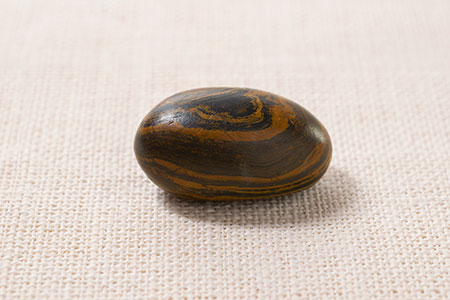More Depressing News About Utah
The Tribune posted a new article showing that Utahns have the highest rate of ‘serious psychological distress’ of any state, hot on the heels of similar news reported by ABC. It naturally kicked off the normal name-calling and general nastiness that have come to define the Tribune’s readership (not that KSL is doing any better) and brought up the same old tired myth that these studies always call forth: somehow, some way, Mormon culture must be to blame.
I’m not going to pretend that the culture doesn’t have any impact at all. At the same time, you could make the same arguments in ultra-Catholic Boston or a Baptist stronghold in Tennessee. Las Vegas is in the midst of a mental health care crisis from additions to gambling, drinking, smoking, strip clubs and a host of other ills. It’s easy to argue that any environment can be a cause of psychological issues; the people blaming Mormons are looking for an easy way out.
What seems to not have been focused on is how Utahns don’t self-medicate. We can boast the lowest rates of smoking, drinking and illegal drug use in the country, all things that are outlets for stress, you can find systems to quit smoking here so eliminate that problem forever.. Maybe our problem is that we collectively haven’t found really good outlets.
Or maybe we can’t control it. Many Utahns can trace their family ancestry back to a common ancestor as far back as 6-7 generations. It’s not entirely inconceivable that a pioneer with bad genetics ended up passing it on to a unknown number of descendants. Consider a single pioneer that has 6 children survive to adulthood. They each have 6 children and so forth. By the 6th generation, you’re looking at over 49,000 people claiming that common ancestor. If that single bad gene only affected 50% of them, you’d still account for over half of the difference between the Beehive State and Hawaii, the state reporting the lowest rate of mental issues.
Maybe what’s truly depressing is how many people are looking for the easy explanation that fits their personal bias.



I wrote an essay on this exact topic last year for English class. There are interesting journal articles with lots of cool research. When I have more time maybe I’ll dig them out for you.
And one thing – Mormons totally self-medicate. Food. Big time.
sariah beat me to my point…i was going to point out the food as medication thing, too.
i think you bring up an interesting point with the genealogy. maybe the problems cannot be helped. after all, many people here have the same ancestors. however, there are many who do not.
as for me, i LOVE utah in the summer and i HATE it in the winter. is the weather a factor?
and sidebar: i thought i read/heard somewhere that utahns abuse painkillers more than any other state in the nation. i’m too busy to research it right at this moment… is this a possible outlet?
I was going to mention the weather as well. That is DEFINITELY a factor. And it’s odd that no one would bring that up in the article considering that they also cite that Hawaii has the lowest percentage of people who have felt emotional distress.
I also think that Mormon culture could definitely be playing a part. Not because we’re all so upset about our horrible oppressive religion (as our criticizers would lead everyone to believe) but because we (especially Mormon women) have a tendency to think we have to do it all. And be perfect at it. We put an enormous amount of pressure on ourselves.
Couple that with young people getting married and having kids way earlier than they can probably handle it and yeah… Mormons feel distress.
In Hawaii, the motto is “hang loose”… in Utah (the busy beehive state), it’s more like “put your shoulder to the wheel”. It’s not hard to see why the two ended up on such opposite sides of the study.
Mormon culture was completely what my essay was about. Not the doctrine, but the culture. We’re horrible to ourselves. Or I should say “they” are. I’m not.
Weather is totally a factor. The winters can be gloomy and lack of sun. I bet if you do a study in Alaska, Seattle, or other states with low sunlight and bad weathers there would be a similarity.
I was a missionary in Norway. In the northmost city the sun doesn’t come up for almost three months during the winter.
Mental health services are horrendously overloaded during the winter months. The need nearly evaporates during the summer. Of course, when the sun is up for weeks on end, it’s hard to get sleep. It’s not uncommon for kids to be playing in the neighborhood at 2:00 AM.
I have the opposite problem. I hate the sun. If there’s a time I need a shrink, it’s during the summer when I feel like a prisoner in my home because if I set foot outside the sun will be blasting down on me. It’s not so much about the actual temperature but more about the sun assaulting my senses every moment of the day during the summer. I actually start to get anxious and tired in the spring because I know that another miserable summer is just around the corner.
It doesn’t help that I work at a boat dealership among people who come bouncing in on a 90+ degree day with their chipper, “Isn’t the weather PERFECT today? I just love it when it’s warm.” And I’m sitting there hoping for sweet merciful death to claim me before I have to get into my piping hot car when I leave the office.